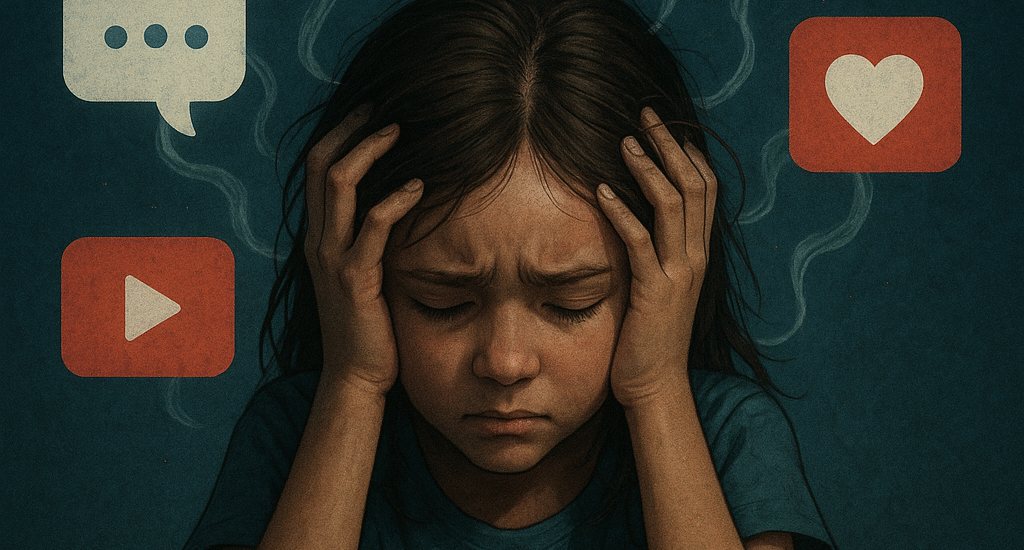In today’s digital age, social media has become an integral part of our lives. It has transformed the way we communicate, connect, and share information. However, the rise of social media platforms also raises concerns about its impact on mental health, especially among children and teenagers.
One of the key ways in which social media can affect your child’s mental health is through the constant exposure to curated and idealized versions of others’ lives. Platforms like Instagram and Facebook often present a distorted reality, where people showcase only the best aspects of their lives. This can lead to feelings of inadequacy, low self-esteem, and even depression, as children compare themselves to others and feel like they don’t measure up.
Moreover, the addictive nature of social media can also have detrimental effects on your child’s mental health. The constant need for validation through likes, comments, and followers can create a cycle of seeking external validation and approval. This can lead to anxiety, as children become preoccupied with their online presence and fear missing out on the latest trends or events.
Cyberbullying is another significant concern associated with social media. Children can be subjected to harassment, bullying, or online threats, which can have severe psychological consequences. The anonymity provided by social media platforms can make it easier for bullies to target their victims, leading to feelings of isolation, fear, and even suicidal ideation.
To mitigate the negative impact of social media on your child’s mental health, it is crucial to establish open lines of communication. Encourage your child to talk about their online experiences and provide guidance on navigating the digital world safely. Set limits on screen time and promote offline activities that foster positive mental well-being. Additionally, educate your child about the importance of digital literacy, privacy settings, and the impact of their online behavior on others.
In conclusion, while social media offers numerous benefits, it is essential to be aware of its potential impact on your child’s mental health. By fostering open communication, setting boundaries, and promoting healthy digital habits, you can help your child navigate the digital world in a way that supports their overall well-being.






